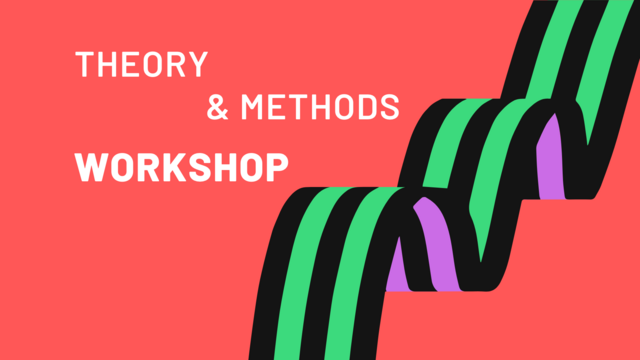You are here:

Colonization and Decolonization in Eastern Europe, Southeastern Europe and Eurasia
Timothy Nunan (Regensburg)
- Beginning:
- Thursday, 22 June 2023 09:00
- End:
- Friday, 23 June 2023 17:00
Information:
Historians and anthropologists of Eastern Europe, Southeastern Europe, and Eurasia have long reflected on how to apply concepts like colonization and decolonization to the regions they study. Territories from Kosovo to Finland, from Poland to Tajikistan were all colonized by land empires like the Habsburg Monarchy, the Russian Empire, and the Ottoman Empire in early modern times. Later socialist regimes like the Soviet Union and Yugoslavia reestablished control over these same territories. Yet, historians have often hesitated to describe the experience of territories like Bosnia, Ukraine, or Uzbekistan as fully analogous to, say, India under the British or Indochina under French rule. And still, after Russia’s war of aggression against Ukraine and widespread calls to “decolonize” scholarship, many scholars of the region feel obligated to discuss what it would mean to “decolonize” the field of Eastern European Studies. How to take into account the obvious hierarchies present in much of the region while also paying attention to regimes’ claims to have eliminated capitalist exploitation? How to do justice to Eastern Europe’s myriad links with the post-colonial Global South? How to integrate concepts of race into the supposedly “white” territories of Eastern Europe and Russia?
This workshop offers students, PhD researchers, and post-doctoral fellows an opportunity to engage with these questions and reflect on how their work can engage with them. On the one hand, we will spend much of the workshop discussing and reflecting on recent debates about the utility of concepts of colonialism within the field of Eastern European Studies, as well as calls to “decolonize” the field. We will also look at recent scholarship on colonization and decolonization vis-à-vis other empires and scholarly fields (Britain, France, United States Japan) to understand how adjacent fields have centered decolonization into their master narratives in recent years. On the other hand, we will aim to articulate together what, practically speaking, it would mean to “decolonize” the study of subjects like Austria-Hungary, Yugoslavia, the Soviet Union, or their successor states. We will focus on not only theoretical concerns, but also look to best practices for data collection, interviews, archival work, etc. Students and researchers will thus leave the class with a sense of current debates in the field, a better comparative sense of how historians and anthropologists of other world regions have approached colonization and decolonization, and practical tips for how to integrate these lessons into their work.
Responsible:
Timothy Nunan, Professor for Transregional Cultures of Knowledge at Universität Regensburg
Requirements:
Please submit via email to timothy.nunan@ur.de
-
a one-page exposé (abstract) of your work in progress, or planned research project
-
a short biographical blurb (1-2 paragraphs)
-
a one-page outline of the research you have carried out thus far, and your planned research timeline looking ahead
-
a short statement (2-3 paragraphs) of what you hope to get out of the workshop
Venue:
GS OSESUR, Landshuter Str. 4, 93047 Regensburg, room 017
